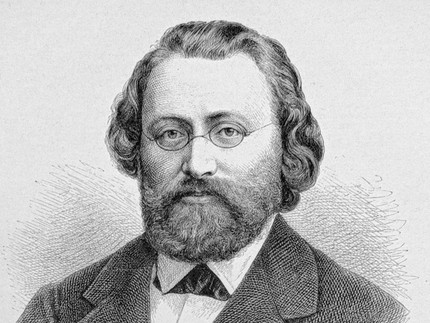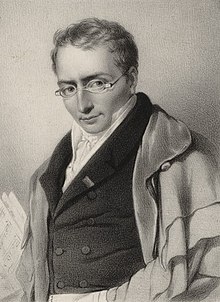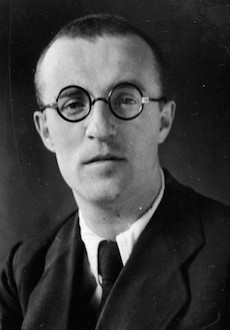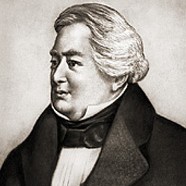
Max Bruch |
Contents
Max Bruch

German composer and conductor. Bruch received his musical education in Bonn, and then in Cologne, where he was awarded a scholarship to them. Mozart. In 1858-1861. was a music teacher in Cologne. During his life, he changed positions and places of residence more than once: director of the Music Institute in Koblenz, court director in Sondershausen, head of the singing society in Bonn and Berlin. In 1880 he was appointed director of the Philharmonic Society in Liverpool, and two years later he moved to Wroclaw, where he was offered to conduct symphony concerts. In the period 1891-1910. Bruch directs the School of Masters of Composition at the Berlin Academy. Throughout Europe, he received honorary titles: in 1887 – a member of the Berlin Academy, in 1893 – an honorary doctorate from the University of Cambridge, in 1896 – a doctor of the University of Wroclaw, in 1898 – a corresponding member of the Paris Academy of Arts, in 1918 – Doctor of the University of Berlin.
Max Bruch, a representative of the style of late romanticism, is close to the work of Schumann and Brahms. Of Bruch’s numerous works, the first of three violin concertos in g-moll and the arrangement of the Jewish melody “Kol-Nidrei” for cello and orchestra are still popular to this day. His violin concerto in g-moll, which poses complex technical challenges for the performer, is often included in the repertoire of virtuoso violinists.
Jan Miller
Compositions:
operas – Joke, deceit and revenge (Scherz, List und Rache, based on Goethe’s Singspiel, 1858, Cologne), Lorelei (1863, Mannheim), Hermione (based on Shakespeare’s Winter Tale, 1872, Berlin); for voice and orchestra – oratorios Moses (1894), Gustav Adolf (1898), Fridtjof (1864), Odysseus (1872), Arminius (1875), Song of the Bell (Das Zied von der Glocke, 1878), Fiery Cross (1899), Easter Cantata ( 1910), Voice of Mother Earth (1916); for orchestra – 3 symphonies (1870, 1870, 1887); for instr. with orc. — for violin – 3 concertos (1868, 1878, 1891), Scottish Fantasy (Schottische Phantasie, 1880), Adagio appassionato, for wolves, Heb. melody Kol Nidrei (1881), Adagio on Celtic themes, Ave Maria; Swede. dances, Songs and dances in Russian. and Swede. melodies for skr. and fp.; wok. cycles, including Scottish songs (Schottische Lieder, 1863), Jewish melodies (Hebraische Gesange, 1859 and 1888), etc.





